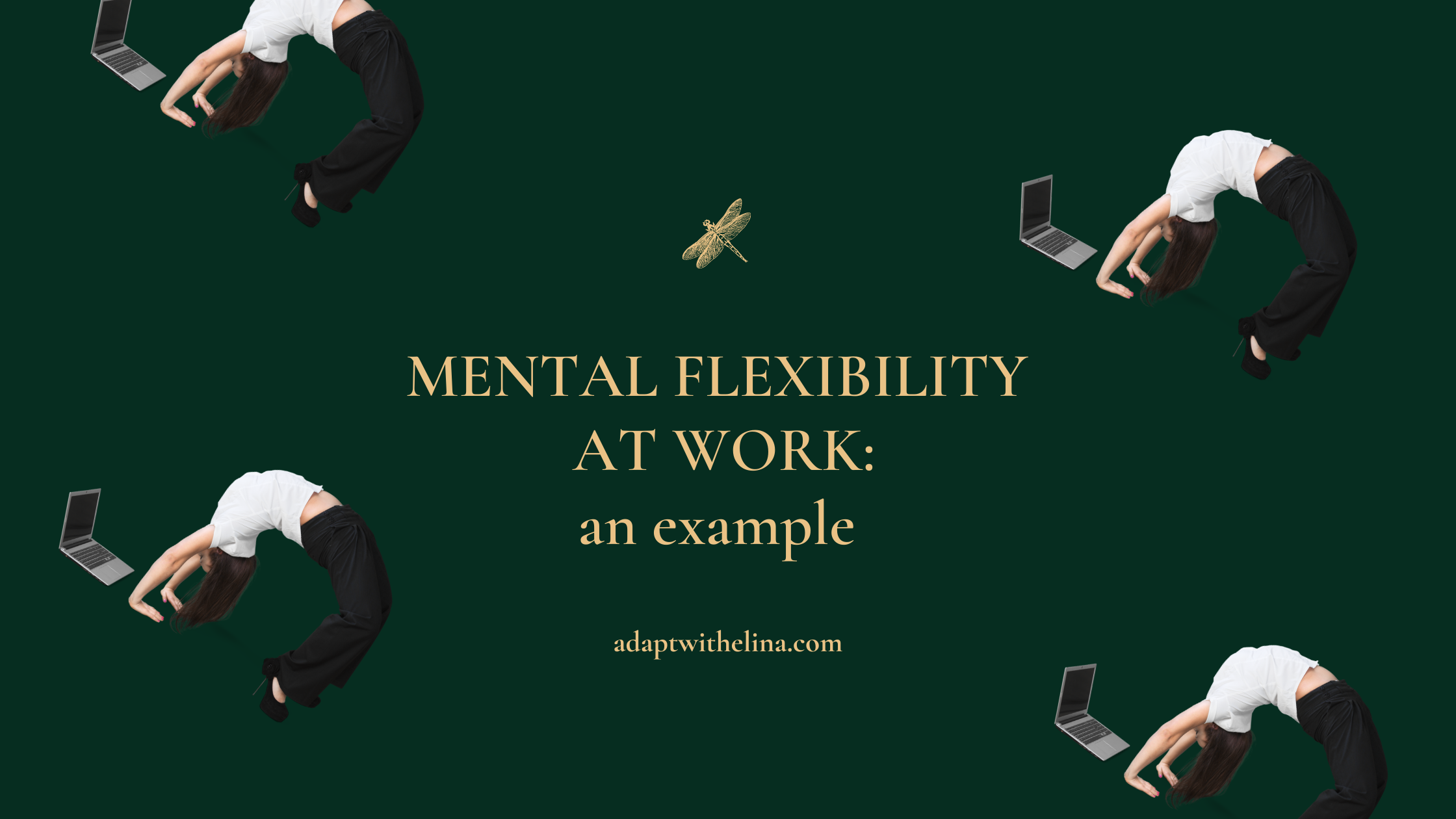Mental flexibility – what is it, actually, and how does it look practically, at work?
Let me present you a real example from my own work.
Mental flexibility at work: an example
It happened about 6 years ago, when I used to work as a creative director at an online video agency.
The first meeting with business owners (potential clients) often went like this:
“So, we’d like you to create a video for us. Something really WOW, you know, like ‘Red Bull challenge’ type of video.
Oh, and our budget is 300 euros.”
What do you think – an absurd demand?
When I heard it 6 years ago, I thought this request was:
- absurd,
- unrealistic,
- hilarious (we heard it so often, it became like a legend in the team).
At the same time:
- If a sprinter sets a new record, suddenly more sprinters can run just as fast in the next tournament;
- Before Uber (or Bolt, in my country), people would laugh at anyone who’d say it could be a profitable business;
- After Edison invented the light bulb, many people were able to look back and tell each other how and why it was possible, but (I’m guessing that) before he succeeded, the poor guy had to hear some “well-intentioned” suggestions to stop fooling around and do something “real” instead.
Most of us can be really smart about “How that’s possible”, looking back, but only a few can actually see the same innovation, looking forward.
And those people have high mental flexibility.
In my case with the Red Bull video – who turned out to be the fool?
My mind.
What the clients wanted were – results from the video.
My own ambitions prevented me from seeing a solution that does not require a big budget, a team of 12 people and 7 weeks of production.
To achieve what most clients (not me) needed at the time, 300 euros truly could be enough.
Once I understood that, I was able to produce results alone, as a freelancer, with a phone – and enjoy the work more than being a pompous creative director.
So, this is mental flexibility in practice.
Now let’s talk about what it is in general.
What is mental flexibility?
Mental flexibility is one of the most essential adaptability skills that allows you to:
- work towards seemingly opposite goals,
- find new solutions that haven’t been found before, and
- feel less stress during challenges and, therefore,
- let step out of your comfort zone more (because you actually see how it’s possible to ‘win’, looking forward).
You can also call it the ability to see from multiple angles simultaneously.
Metaphorically speaking – if you see the glass half empty during challenges at work, then improving your mental flexibility will help you to see the glass:
- half full,
- half empty,
- refillable,
- and what 2-3 best resources for refilling might be –
and all that at the same time.
Mental flexibility makes it easier to notice how the ‘problem’ you’re facing might actually become an ‘opportunity’ for success.
You’d be surprised to learn how many times the solution is right there, in front of you – you only need the ability to see it.
Pretty useful skill, don’t you think?
If you do, then the next question is obvious:
Can you train and develop mental flexibility?
Yes, it can be trained.
How?
Contact me here or write to elina@adaptwithelina.com, I’ll show you.
One quick question to start with if you want to know if you might have high mental flexibility skills:
(don’t worry, one question doesn’t say EVERYTHING about you – even if you answered no, you might have it.
That’s why a deeper conversation and assessment is the key to find out your true levels of mental flexibility.
Also, if you want to learn more about the skills that help you confidently navigate through challenges and change – follow me on social.

Comments are closed